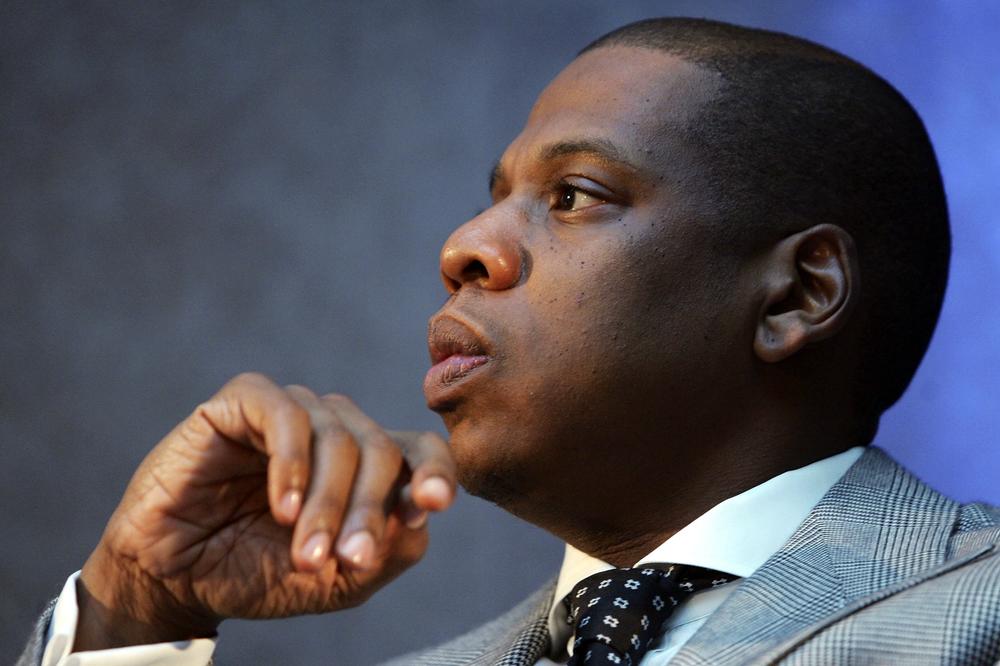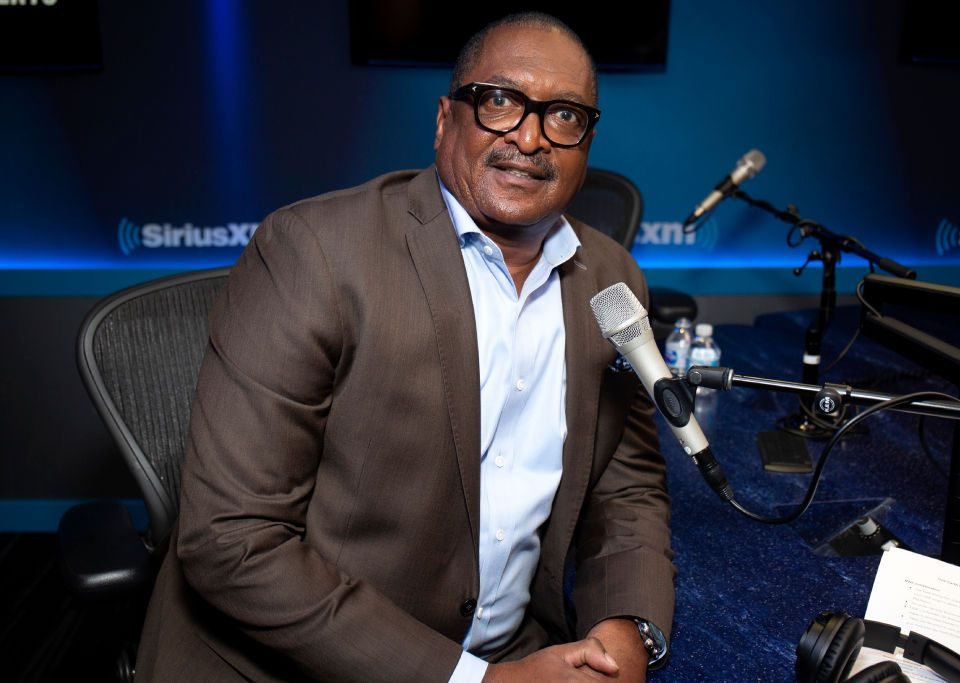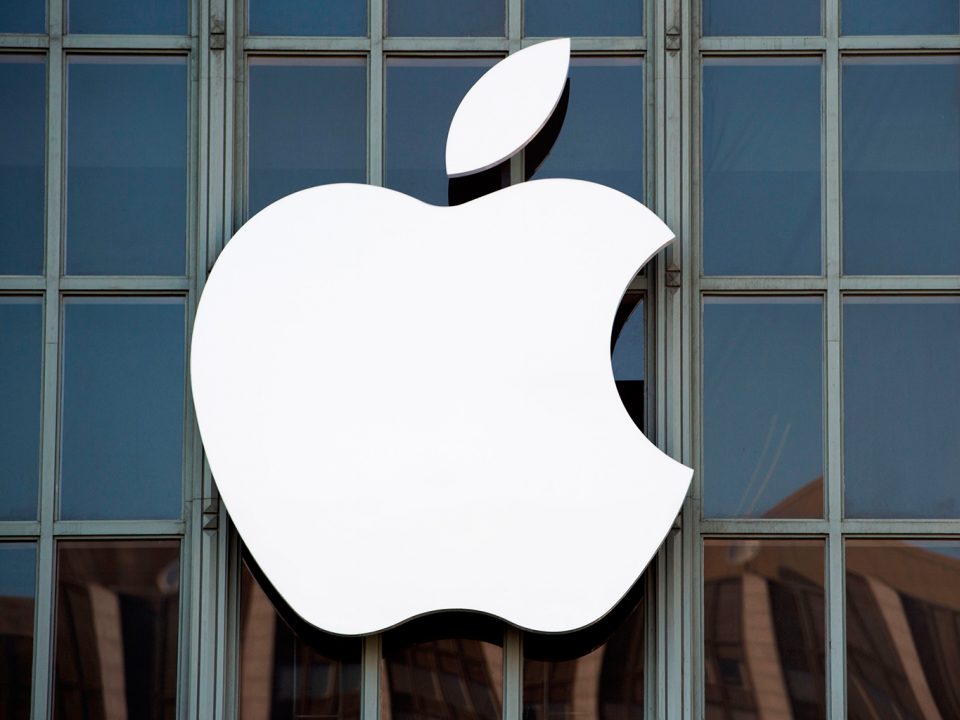
Apple Music Rebrands Hip-Hop Playlist As ‘Rap Life,’ With Weekly Beats 1 Radio Show
July 23, 2019
Mathew Knowles Getting Into The Marijuana Business
July 23, 2019
A month on from achieving the distinction of “hip-hop’s first billionaire’, we take a look at the credos and cash-ins that put Hov at the top of the pile.
In July 2009, Forbes published their third annual list of “Cash Kings.” After abdicating the throne to allow for Curtis “50 Cent” Jackson’s rise in 2008, Jay-Z re-emerged to take his rightful place atop hip hop’s financial index. Propelled to his victory courtesy of Cola Cola’s procurement of Vitamin Water, 50 would notoriously file for bankruptcy within seven years of receiving the prestigious honor. Conversely, the Marcy Projects resident that used to “sell snowflakes by the OZ” hasn’t only retained his pre-existing wealth, but has expanded it to unprecedented levels. Whilst hip-hop and entrepreneurship are far from distant cousins, Shawn Corey Carter’s sustained level of success in both avenues is improbable at best and, at worst, nonreplicable.
By and large, rappers will secede from the frontlines of artistry when it comes time to attain mogul status. Instead, Jay saw that diversifying beyond one of the most erratic industries in the world didn’t mean closing that revenue stream for good. Three years on from bidding a fond farewell to the rap game with The Black Album, Jay-Z was back and more acutely aware of his value than ever. Where other rappers would’ve embarked on the conventional press junket, Hova signposted the forthcoming release of 2006’s Kingdom Come with a Budweiser ad campaign that he’d soon parlay into a co-brand director position for their Select Range. In March of that same year, the then-Def Jam president pulled off an impressive coup as he sold his Rocawear clothing line to fashion magnates Iconix for a whopping $204 million, setting the tone for a career renaissance that would see his musical exploits and business endeavors coexist in a harmonious fashion.




